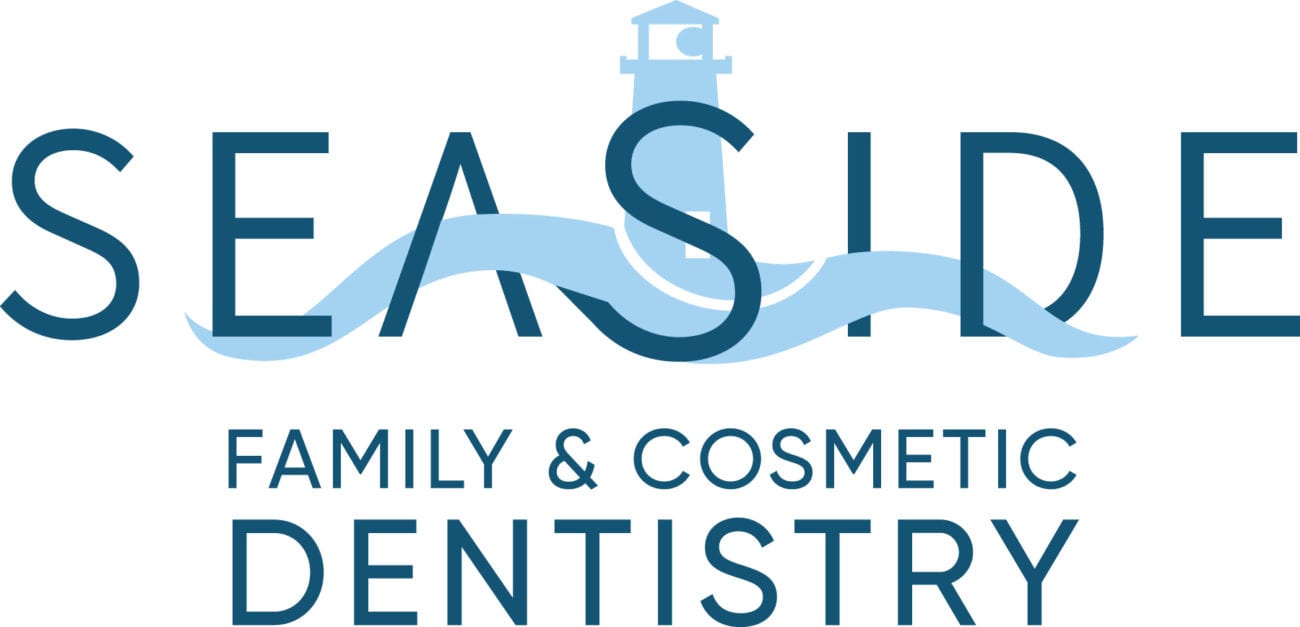Research published in Oral Health & Preventative Dentistry suggests that treating gingivitis in pregnant individuals can reduce the risk of pre-term births and increase birth weights. Pregnant patients have many medical concerns on their plate during this period, but this study acknowledges that oral health, specifically with their gums, should not fall by the wayside.
Gingivitis refers to the early stage of gum disease, an infection of the gum tissue. The inflamed gums related to this disease can trigger the body’s inflammatory response. This in turn can impact other medical conditions, including pregnancy.
Recognizing gum disease and the risks that accompany it can make you more likely to take measures to prevent it. Read on to learn more about gingivitis and its treatment.


Do I Have Gingivitis?
Early signs of infection in the gums with gingivitis can have a few noticeable symptoms. You might see bleeding, redness, swelling, and soreness in the gum tissue.
Acute concerns like harsh oral hygiene techniques might cause irritation to your gums. But if you cannot pinpoint the source or if the symptoms persist, there is a high likelihood you have gum disease.
Do not ignore these symptoms because even this early phase of the infection can lead to systemic issues that will impact your overall health. Contact your dentist if you have concerns about your gum health.
Sometimes gingivitis occurs without symptoms you can easily spot. So make sure you attend routine oral exams with your dentist. They screen your gums for signs of infection and then intervene if they see any problems. Gum disease is easier to treat when diagnosed promptly, so do not skip your regular dentist appointments.
How Will My Dentist Treat Gum Disease?
A dentist can start treating gingivitis right away. They will begin by cleaning your teeth and gums. This involves an extensive method of scraping away excess plaque, tartar, and bacteria called scaling and root planing.
If the infection does not go away, you might need more targeted treatment that could include laser therapy to eradicate the damaged gum tissue. A dentist may also recommend using an antibacterial mouthwash to balance your natural oral bacteria. This can minimize periodontal symptoms and prevent further infection in your gums.
How Can I Protect My Gum Health?
Pregnancy will affect the body’s hormones which can leave the gums more susceptible to infections like gingivitis. You will want to prioritize preventative oral health care to protect your gums from these concerns that could also impact the rest of your body.
Practice good oral hygiene to reduce the spread of bacteria. Brush your teeth at least twice a day and floss on a daily basis. Ask your dentist about mouthwash and other oral hygiene products that might improve your oral health.
You should also attend routine teeth cleanings at your dentist’s office. They will maximize oral hygiene this way as well as ensure your smile stays healthy so the rest of you can too.
